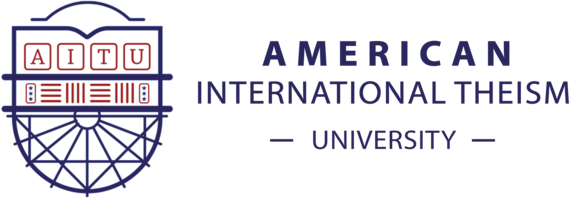What Will Learn?
This course will be a general overview of Islamic law and jurisprudence. We will introduce the student to the history, sources and methodology of Islamic law and jurisprudence. We will learn the principles and the sources of Islamic law, namely the Quran and the Sunnah. We will also learn about the secondary sources of Islamic law. The course will use a combination of historical and doctrinal perspectives to understand and analyze the development of Islamic Jurisprudence and the law that was created from this legal system. This is a 4-credit-hour course and allotted 6 weeks of time.
Shariah And Islamic Jurisprudence I
Sharia and Islamic jurisprudence are what govern the Middle East. Even though there are separate Middle Eastern countries, most of them practice Sharia and Islamic law and are governed by the Quran’s teachings.
It doesn’t mean you need to become a Muslim if you want to work in the Islamic banking and financing industry overseas. But you still need to understand the basics of Sharia and Islamic jurisprudence, or else you’ll have a very short career in the Middle East. Sharia law determines the rules of the banking industry, just like everything else.
If you were to disobey or break the banking rules under Sharia law, whether intentionally or not, you would face harsh penalties. That is why it is in your best interest to understand some general information about it. We offer this course to teach you these rules.
Shariah and Islamic Jurisprudence I is a four-credit course applied to the Accelerated Master in Islamic Finance and Banking Degree program at American International Theism University. The course provides a general overview of Islamic law and jurisprudence. Students are introduced to the history, sources, and methodology of Islamic law and jurisprudence.
The course will use a combination of historical and doctrinal perspectives to help you understand and analyze Islamic Jurisprudence’s development and the law that was created from this legal system. As students like yourself progress further through the course, they will learn the principles and the sources of Islamic law: the Quran and the Sunnah.
There are secondary sources of the Islamic law that you will learn too, but the Quran and the Sunnah are the most important. If you can learn these laws and how they govern banking and finance in the Middle East, you will possess the right knowledge required to get employed at an Islamic bank.
This is a 4-credit-hour online course, and you’re given six weeks to complete it. The instructors are knowledgeable of Islamic law and are available to answer your questions via email at any time.
Related Courses

Application Filling

Registering for Course

Make a Tuition







